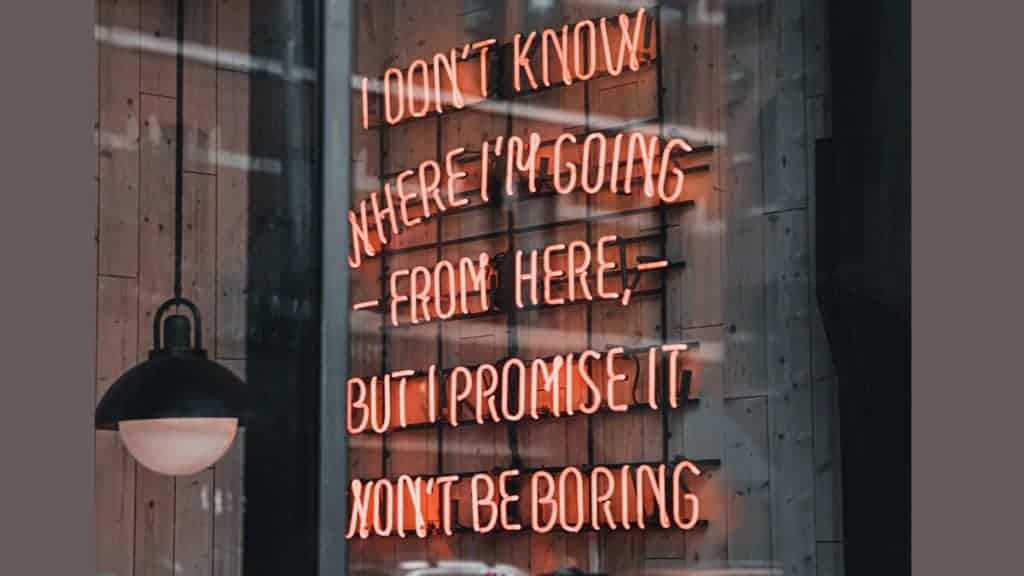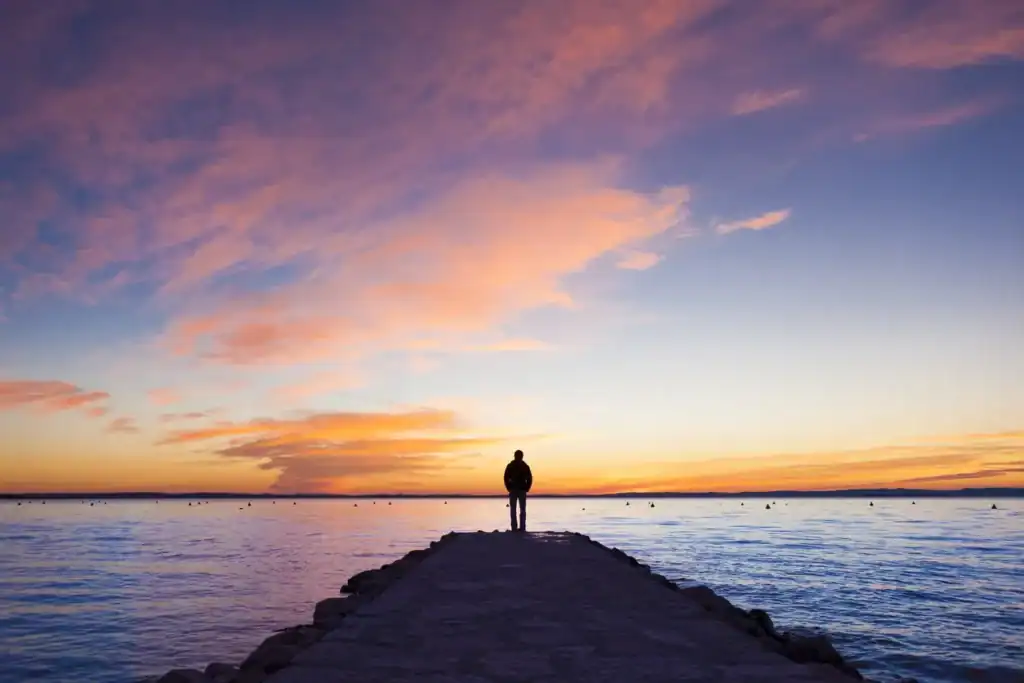Well here we are. In the exact middle of winter. Bleh. Or yay, if you take advantage of this moment to snuggle in, rest, and repair, as Katherine May prescribes in her book Wintering.
Many of us hit a bluesy patch right about now, and this year we’re enjoying a double whammy of seasonal affective disorder on top of a year of pandemic restrictions, fear, and anxiety. I’m trying to cozy up and take time to read and dig into thinking that goes with it. I’ve recently finished listening to Michelle Obama’s Becoming, Cal Newport’s Deep Work, and Daphne Millers’ Farmacology is on my nightstand. I recommend them all (and Obama was a great listen).
In David Brooks’ The Social Animal, I found a passage about human developmental phases that resonated with me and has been reverberating with clients as well. It acknowledges that the four developmental phases we’ve come to know, childhood, adolescence, adulthood and old age have shifted. As humans have begun living longer, “easier” lives (for more facts about how life has improved, read my December newsletter), two new phases have entered our continuum. They are odyssey and active retirement.
Odyssey, I thought as soon as I read it, of course.
According to Brooks, “Odyssey is the decade of wandering that occurs between adolescence and adulthood.” It is the space between the adolescence / coming of age, and adulthood which Brooks defines as including four accomplishments: moving away from home, getting married, starting a family, and becoming financially independent. Now those are some seriously traditional values, so let’s modify — I’m happy to consider adulthood as including two of the four, as long as you’re taking responsibility for your own needs, and possibly the needs of another as well.
Wouldn’t it be nice if Odyssey as a developmental phase became a ‘thing’? What if we weren’t pushing teenagers to pick a major and go to college but to explore different options? Many millennials have done just that, and I’m not sure that Gen Xers like me have supported it (perhaps due to our own jealousy?).
If you Odyssey properly in your 20s, you’re exploring. Another perspective on the subject comes from the social critic Michael Barone who is credited with saying “the United States makes moderately impressive twenty-year-olds but very impressive thirty-year-olds”. Barone continues, “the hard pressures and choices that hit people during their wide-open, unsupervised twenties forge a new and much better kind of person.”
Now that gap years are becoming more acceptable, perhaps we’ll start rethinking the confines of a year and treat this Odyssey period as a necessary part of modern growth and development. Perhaps applying to college won’t be a thing in high school, but will come after some productive engagement in the late teens and 20s.
A proper Odyssey isn’t sitting on the couch playing video games. It is about being out and about, alive in the world, engaging. Witnessing other cultures, finding a way to contribute, developing a skill and pursuing interests you didn’t even know you had.
My step daughter has been working on farms for the better part of the pandemic, as part of her modified gap year vision. She has a whole new level of appreciation for a home cooked meal, or even a home, after spending months waking up at 4am to milk goats while living in farmhand quarters. She has gained skills, and has a greater understanding of life, food systems and the work that goes into what is on your plate, and the value of what you put in your body.
These are things she will carry with her for the rest of her life.
I also believe in the idea of a 40-something or 50-something gap year, if you can swing it with all those “adult” responsibilities you’ve taken on :-). Why is the odyssey for the young and the “active retirement” for those who’ve stopped working? We could all use a sabbatical to rest, repair and refresh our thinking. Whether this is generously granted by our employer, or a gift we give ourself; Odysseys can be taken periodically, as needed.
As always, I’m here to serve and support you. Reach out if you’d like to set up a session.
Understanding the Odyssey Years
The Odyssey Years, a term introduced by David Brooks in his book “The Social Animal,” represent a critical phase of life that bridges the gap between adolescence and adulthood. Typically spanning from the ages of 20 to 35, this period is all about exploration, experimentation, and self-discovery. It’s a time when individuals are trying to figure out their lives, find their way, and shape their future.
During the Odyssey Years, it’s common to feel a sense of uncertainty and confusion. The transition from adolescence to adulthood isn’t always straightforward, and many find themselves without a clear direction. Traditional adult milestones like finding a career, getting married, and having children may seem delayed or out of reach. However, this phase is also ripe with opportunities for growth. It’s a time to try out different roles, discover passions, and build strengths that will serve you throughout your life.
Embracing the Odyssey Years means accepting that it’s okay to wander and explore. It’s a period where you can witness other cultures, develop new skills, and pursue interests you never knew you had. This journey of self-discovery is essential in shaping a well-rounded and resilient adult life.
Navigating the Odyssey Years in Adult Life
The Odyssey Years don’t necessarily end when you hit a certain age. In fact, this phase can continue to influence your adult life, popping up whenever you face significant changes or transitions. It’s more about a state of mind than a specific age range. Many people experience multiple Odyssey Years throughout their lives, each one bringing new challenges and opportunities.
To navigate the Odyssey Years in adult life, it’s crucial to maintain a mindset of curiosity and openness. Be willing to take risks, try new things, and explore different possibilities. This phase requires resilience and adaptability as you face the uncertainties that come with change.
One effective strategy is to prioritize continuous learning and education. This doesn’t just mean formal education; it can also include hobbies, side hustles, and other informal learning activities. By staying curious and committed to learning, you can remain adaptable and flexible, ready to tackle whatever life throws your way.
Embracing the Odyssey Years in Old Age and Beyond
Who says the Odyssey Years are only for the young? This phase can also occur in old age and beyond, offering a chance to navigate significant life changes and transitions with a fresh perspective. Many people find themselves experiencing a second or even third Odyssey Year in their 50s, 60s, or later.
To embrace the Odyssey Years in old age, adopt a mindset of curiosity and openness. Be willing to try new things, explore different possibilities, and take risks. Resilience and adaptability are just as important now as they were in your younger years.
Prioritizing rest and reflection is key. Take time to relax and recharge, and engage in activities that promote self-discovery. This can help you gain a deeper understanding of yourself and your place in the world, allowing you to make more intentional choices about your life.
Additionally, seek out new experiences and connections. Travel, volunteer, or pick up new hobbies. Staying engaged and connected can keep you vital and fulfilled, even as you navigate the changes and transitions that come with aging. The Odyssey Years can be a lifelong journey, offering opportunities for growth and self-discovery at any age.



